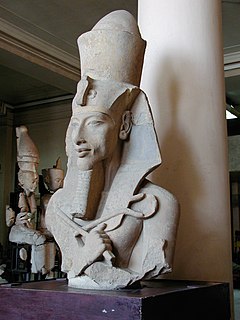A Quote by Henry George
It is not the business of government to make men virtuous or religious, or to preserve the fool from the consequences of his own folly.
Related Quotes
It is not the business of government to make men virtuous or religious, or to preserve the fool from the consequences of his own folly. Government should be repressive no further than is necessary to secure liberty by protecting the equal rights of each from aggression on the part of others, and the moment governmental prohibitions extend beyond this line they are in danger of defeating the very ends they are intended to serve.
[T]he central problem of government is a religious one; and anyone who assumes that he can form his political beliefs without consulting his ethics, which have their basis in religious conviction, is deceiving himself either about the true nature of government or his moral responsibility for his actions
This fellow is wise enough to play the fool; And to do that well craves a kind of wit: He must observe their mood on whom he jests, The quality of persons, and the time, And, like the haggard, check at every feather That comes before his eye. This is a practise As full of labour as a wise man's art For folly that he wisely shows is fit; But wise men, folly-fall'n, quite taint their wit.

































